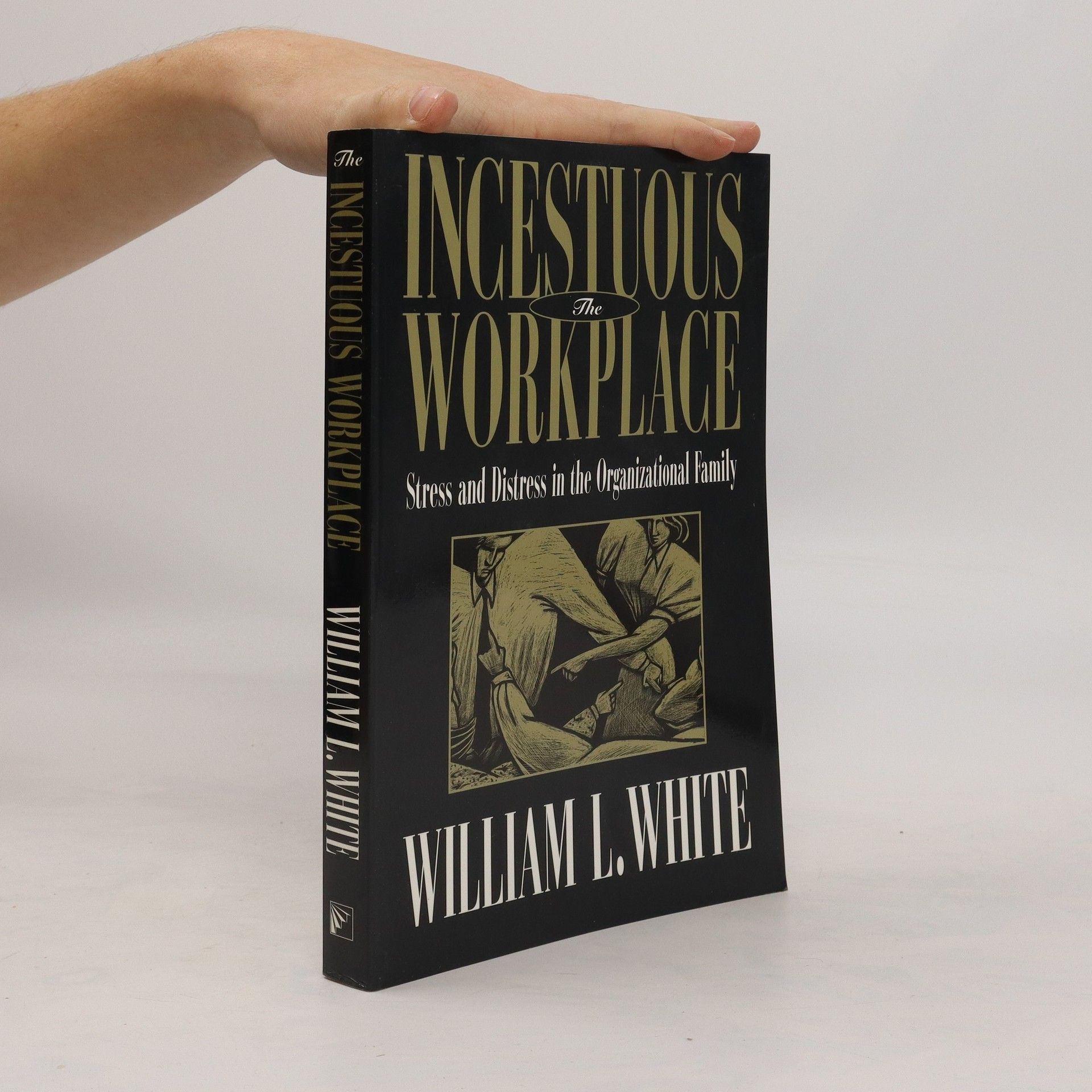William White examines the destructive dynamics of the closed-system workplace, where overworked employees, isolated from the outside world, increasingly meet their personal, professional, social and even sexual needs inside the boundary of the organizational family.
William L. White Knihy


This book uncovers the social and educational experiences of young Indigenous immigrants in the US. Highlighting the multilingual and multicultural diversity of Latin American immigrants, it explores how policymakers and educators can effectively support Indigenous students’ multilingualism, ethnic identity development and educational success.